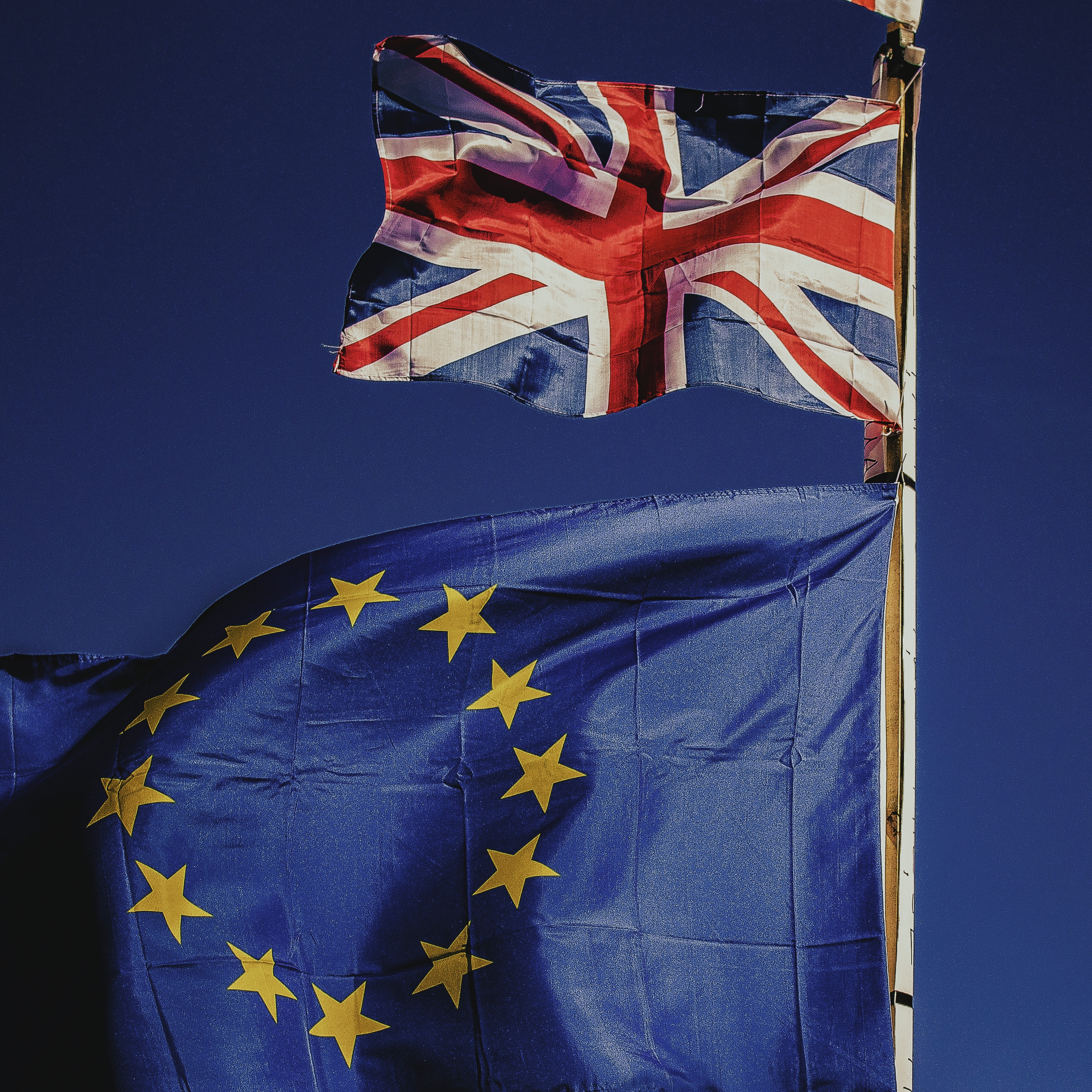Brexit seems to have rendered the old adage ‘a week is a long time in politics’ rather out of date, with the situation changing almost by the hour. Our experts analyse the current current state of play following several eventful days which have seen a historic Saturday sitting of Parliament as Boris Johnson attempts to push through his Brexit deal with the 31 October deadline looming.
 “Few in the public have changed their minds on the matter of Brexit, despite Westminster’s struggle to find a resolution and increasing talk of ‘Brexit fatigue.'”
“Few in the public have changed their minds on the matter of Brexit, despite Westminster’s struggle to find a resolution and increasing talk of ‘Brexit fatigue.'”
Last weekend was busy with Brexit hubbub both in parliament and outside on the streets of London. The manoeuvrings of MPs, and the closeness of their votes, continue to keep the public on tenterhooks. The opinions of the population, however, remain heavily influenced by their pre-existing views on the dominant political issue of our time. Few in the public have changed their minds on the matter of Brexit, despite Westminster’s struggle to find a resolution and increasing talk of ‘Brexit fatigue’. And whilst it is true that there has been a small but consistent public shift towards thinking that voting to leave the EU was a bad idea, this could be reversed or overridden if a second referendum was to be held, not least due to the underlying ideological dispositions of many voters. Whilst there was a shift in public opinion on Boris Johnson’s new deal over the weekend, this was largely a result of a higher proportion of remain voters shifting to take a negative view. Leave voters remained more positive about the deal and support passing it, though sizeable proportions in both camps were admirably honest about not knowing enough to pass judgement. The ‘get Brexit done’ mantra does seem to have cut through with leave voters, then, but we should not forget that the population remains heavily divided over the best solution to the Brexit impasse. In this regard at least, MPs at Westminster are highly representative of the public.
Joe Greenwood is a Fellow in the LSE Department of Government, his research focusses on political participation, privilege, and perceptions in the British context.
 “I suspect the Prime Minister feels confident he has the numbers to get the deal through the Commons in the coming weeks.”
“I suspect the Prime Minister feels confident he has the numbers to get the deal through the Commons in the coming weeks.”
The Prime Minister looked relaxed after losing yet another vote in the Commons: on the Letwin amendment, which forced a Brexit extension, to give time to scrutinise Johnson’s deal. But, perhaps Johnson has some reasons to be optimistic. The vote was tight: 322 for the amendment, to 306 against. But, given that a number of Conservatives who backed the amendment, to prevent a No Deal Brexit, are likely to support Johnson’s deal, I suspect he feels confident he has the numbers to get the deal through the Commons in the coming weeks, if not days. But, there are still questions to be answered. Will the EU block the requested extension? I doubt that, as the EU27 will not want to be blamed for forcing a No Deal Brexit on the UK. Will Johnson’s deal get caught up in bitter Commons wangling? Probably. Will the opposition parties win a vote of no confidence and force an election? Maybe; but I suspect Labour doesn’t want an election now, as the polls are moving against them. Finally, will there be a second referendum? That still doesn’t look likely, as there doesn’t seem to be a majority in the Commons for that. On the other hand, if Johnson can’t get his deal through, Labour might force him to accept a referendum on the deal, in return for their support. In other words, lots still to play for.
Simon Hix is the LSE Pro-Director for Research and Harold Laski Professor of Political Science in the LSE Department of Government, his research interests include European political institutions, parties and elections, and the design and reform of democracies.
 “If Brexit as a process leads to the establishment of a new political subject, it may, despite everything, have been worth it.”
“If Brexit as a process leads to the establishment of a new political subject, it may, despite everything, have been worth it.”
One lesson learned from Brexit so far is that it is never done even when you thought it was very close. That will no doubt continue to be the case also once the process is officially over. Britain’s relationship to the EU is likely to continue affecting domestic politics, as parties realign to capture the landscape of perceived preferences or to offer visions that replicate Brexit-related aspirations. If the process is reversed, Leavers will treat Brexit as the dream that dared not become reality. If it goes through, “Remain” is likely to become “Rejoin”. The most dispiriting aspect of all this is how it systematically frustrates the criticism of existing realities on both sides – the reality of British and European capitalism, UK institutions and European ones. If global markets are the reason democracy keeps failing, it matters little how Brexit comes to an end since both British and European institutions reflect political and economic power relations in dire need of being challenged and transformed. Yet it is hard to see where the critical voices required to initiate that transformation will come from. Unless, of course, we discover that there was always something deeper animating the millions of people willing to protest for a “Peoples’ Vote” than the desire merely to associate themselves with a democratically deficient institution like the EU. The latter offers not so much social justice in the present, as an ideal of political cooperation beyond nation-states in the future. If Brexit as a process leads to the establishment of a new political subject, if it helps shape forms of transnational rather than nationalist resistance to capitalism, it may, despite everything, have been worth it.
Lea Ypi is Professor in Political Theory in the LSE Department of Government, her research focuses on Normative Political Theory, Marxism and Critical Theory.
Note: this article gives the views of the authors, and not the position of the LSE Department of Government, nor of the London School of Economics.



